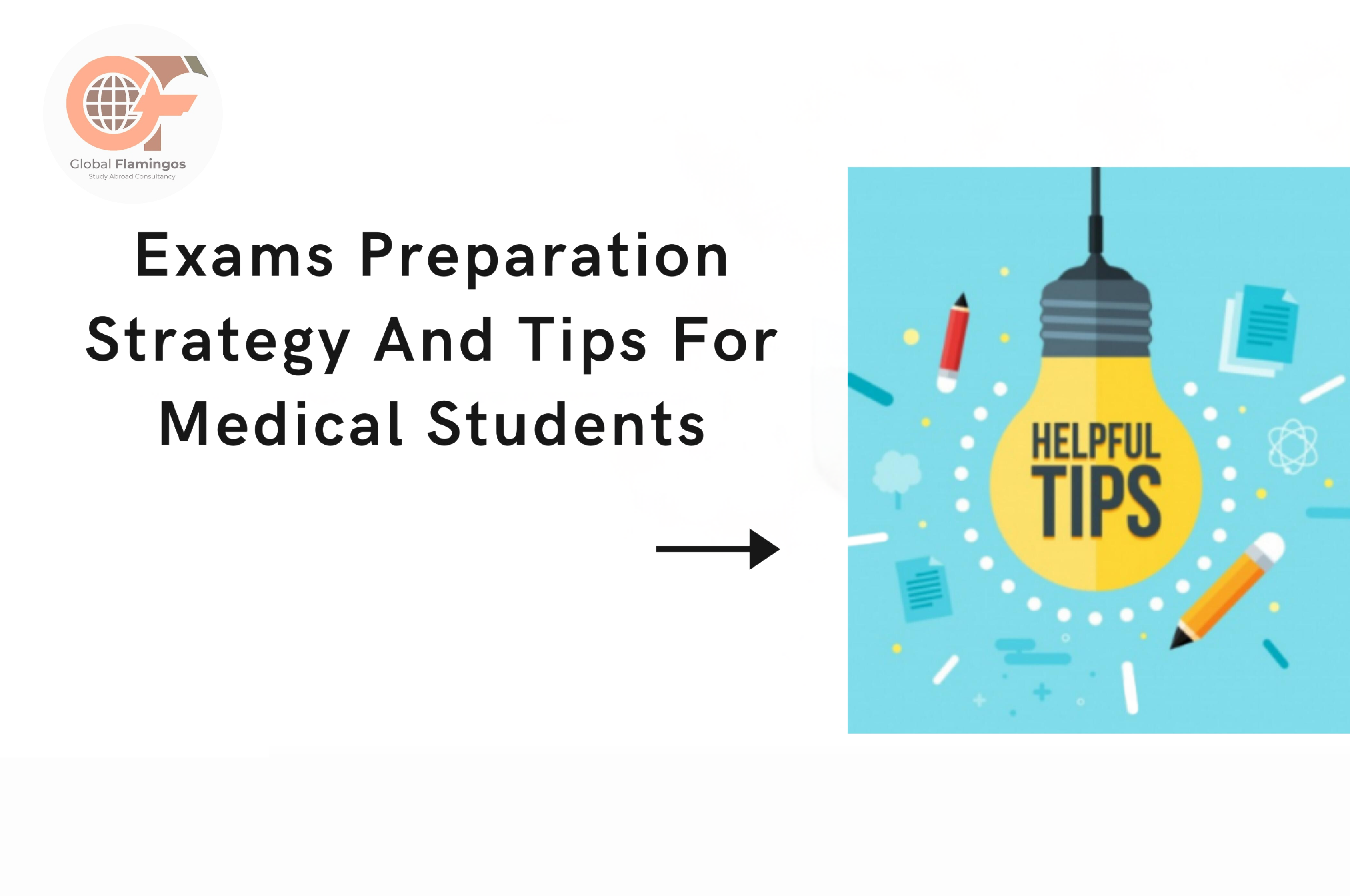Embarking on the journey of studying medicine is akin to training for a marathon. Much like how a marathon runner prepares tirelessly for race day, medical students preparing for their MBBS exams must engage in long, sustained study sessions to grasp the vast amount of knowledge required.
Studying for extended hours can be daunting, but with the right strategies, you can efficiently navigate your MBBS curriculum. This article will provide a blueprint to help you retain information, maintain your concentration, and ensure that your long hours of study translate into success.
Understanding the MBBS Exam
Before you begin devising your study strategy, it’s important to understand what the MBBS exam entails. It typically covers a broad range of topics from basic sciences to clinical knowledge. Given its comprehensive nature, it’s vital to approach your studies systematically.
Setting Realistic Goals
Establish a Schedule
Begin by preparing a schedule that structures your study time around your peak concentration periods. Are you a morning bird or a night owl? Tailor your study routine to suit your natural rhythm but ensure you include breaks to avoid burnout.
Set Milestones
Break your syllabus into manageable segments and set goals for each study session. These milestones will help you track your progress and provide a roadmap to cover all the necessary topics.
Creating an Optimal Study Environment
Remove Distractions
Find a quiet, comfortable place to study, away from distractions. Turn off notifications on electronic devices, or use apps designed to prevent you from accessing distracting websites.
Prep Your Tools
Gather all your study materials before starting — textbooks, notes, stationery, and any other resources — so you don’t waste time looking for things later.
Employing Effective Study Techniques
Active Learning
Passively reading through texts for hours is an inefficient way to study. Engage in active learning by summarizing information in your own words, teaching concepts to a peer, or drawing diagrams to visualize information.
Spaced Repetition
Spaced repetition involves reviewing the material multiple times over increasing intervals. This technique leverages the psychological spacing effect to enhance long-term recall.
Practice Questions
Regularly challenge yourself with practice questions. MBBS exams often consist of clinical case scenarios, so practicing with past papers or question banks can give you a taste of what to expect.
Mnemonics and Acronyms
Create mnemonics and acronyms to remember lists or complex cycles. These cognitive shortcuts enable you to recall large bits of information more easily.
Taking Care of Your Well-being
Regular Breaks
Implement the Pomodoro Technique by studying for 25 minutes and then taking a 5-minute break. After four cycles, take a longer break. This helps to maintain your focus and consolidate information.
Nutrition and Hydration
Your brain needs fuel to function. Opt for brain foods like nuts, seeds, fish, and plenty of water to keep hydrated. Avoid excessive caffeine, as it can disrupt your focus and sleep patterns.
Sleep
Never underestimate the power of a good night’s sleep. Sleep aids memory consolidation, problem-solving skills, and concentration — all crucial for effective learning.
Managing Stress
Mindfulness and Exercise
Integrate mindfulness practices like meditation to manage stress and maintain mental clarity. Regular physical activity can also boost memory and thinking skills.
Stay Connected
Isolation can compound stress. Stay connected with friends and classmates. Form study groups if that works for you, as this can provide emotional support and enhance learning through discussion.
Review and Reflect
Regularly Review Progress
Track your progress against your goals regularly. This will allow you to adjust your plan as needed and ensure you’re on course to cover the entire syllabus.
Reflect on Study Sessions
After each study session, take a few minutes to reflect on what you’ve learned and what could be improved. This metacognitive approach helps to solidify learning and enhance future study sessions.
Conclusion
Studying for long hours for the MBBS exams is a challenging task that requires discipline, focus, and a well-thought-out plan. By setting achievable goals, employing efficient study techniques, and taking care of your physical and mental health, you can make the most of your study time.
Remember, endurance in study, as in a marathon, is not about speed but about persistence, strategy, and resilience. With these strategies in hand, you’ll be well-equipped to cross that finish line come exam day. Keep focused, stay healthy, and embrace the journey of learning to become a successful medical professional.


